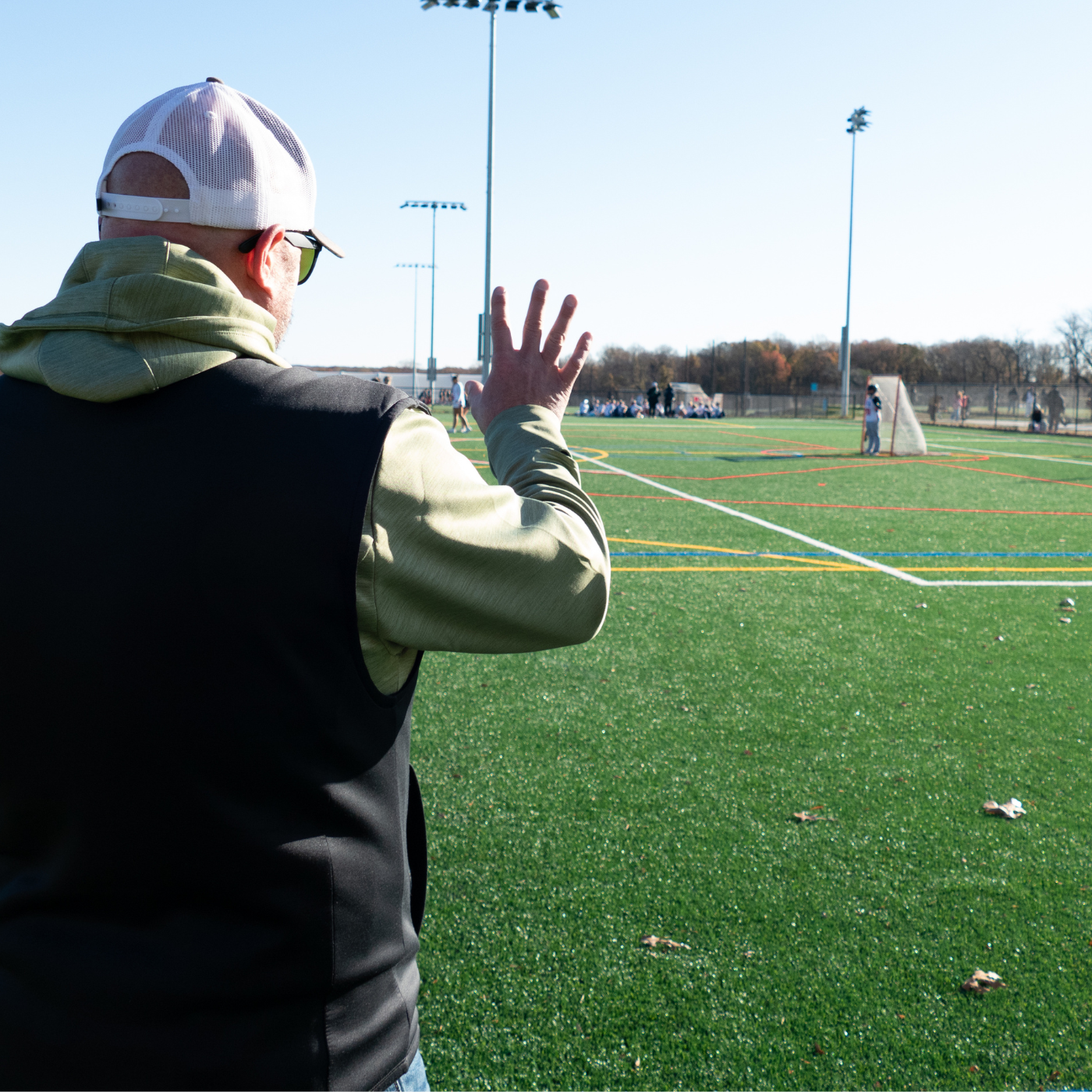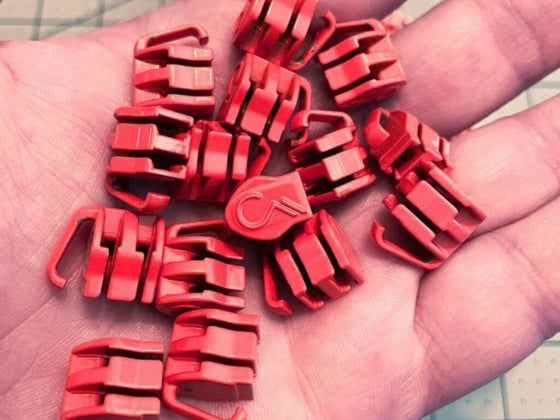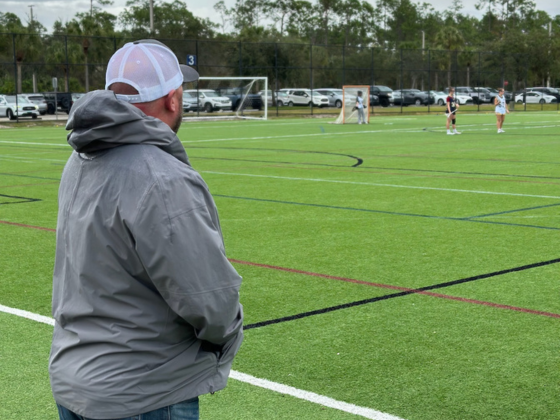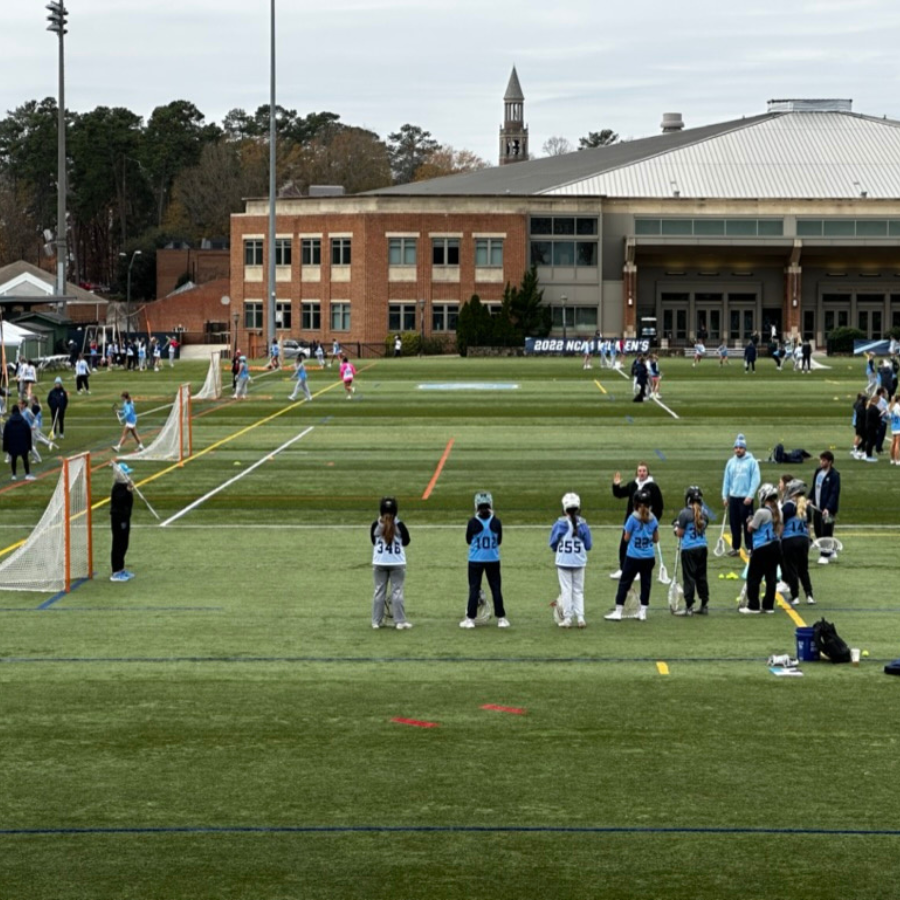In team sports, success is often measured by wins and losses, but the true value of the experience lies in the lessons learned along the way. One of the most important lessons young athletes can learn is the power of positive reinforcement. Encouraging teammates through supportive words and actions not only builds confidence but also fosters a stronger, more cohesive team dynamic. As a parent or a coach, it's your responsibility to help teach your child how to be a great teammate and there are things you can do to foster that environment.
The Impact of Positive Reinforcement:
Positive reinforcement is a powerful tool in any team setting, but it is especially impactful in youth sports. When teammates uplift each other with encouragement, it creates an environment where everyone feels valued and supported. This positive atmosphere can lead to improved performance, as players are more likely to take risks and push themselves when they know their teammates have their back. Additionally, positive reinforcement helps build self-esteem, resilience, and a sense of belonging—qualities that extend beyond the playing field.
Building a Culture of Support:
Creating a culture of positive reinforcement starts with the leadership—coaches, parents, and team captains. These leaders must model supportive behavior by praising effort, celebrating small victories, and encouraging a growth mindset. When children see adults and peers consistently reinforcing each other’s efforts, they are more likely to adopt these behaviors themselves. Over time, this culture of support becomes ingrained in the team’s identity, making it a natural part of their interactions.
Practical Ways to Encourage Positive Reinforcement:
- Cheer for Every Success: Whether it’s a goal, a great pass, or a solid defensive play, encourage teammates to cheer for each other’s successes. This simple act of recognition can boost morale and motivate everyone to keep striving for excellence.
- Use Constructive Feedback: While it’s important to correct mistakes, it’s equally important to do so in a way that is supportive and constructive. Encourage teammates to frame their feedback in a positive light, focusing on what their peer did well and how they can improve next time.
- Celebrate Effort, Not Just Results: Remind the team that effort is just as important as the outcome. Celebrate players who work hard, hustle, and show determination, even if the result isn’t a win. This reinforces the idea that persistence and effort are valuable qualities.
- Create Team Traditions: Establishing team traditions that focus on positive reinforcement can help solidify this behavior. For example, you could start a tradition where teammates give each other shout-outs after games, highlighting moments where someone demonstrated great effort or sportsmanship.
The Role of Parents and Coaches:
Parents and coaches play a crucial role in fostering positive reinforcement among teammates. Coaches should prioritize creating a supportive environment where all players feel encouraged to contribute. Parents can reinforce these messages at home by praising their child’s teamwork and positive interactions with teammates. Additionally, both parents and coaches should address any negative behaviors, such as criticism or exclusion, to ensure that the team remains a supportive space for everyone.
Long-Term Benefits of Positive Reinforcement:
The benefits of encouraging positive reinforcement among teammates extend far beyond the season’s end. Children who experience this type of support are more likely to develop strong social skills, empathy, and a collaborative spirit. These qualities are essential not only in sports but in all areas of life. Furthermore, teams that practice positive reinforcement tend to perform better, as they are more unified and motivated to succeed together. By fostering an environment of encouragement and support, you’re helping to shape well-rounded individuals who understand the value of lifting others up.
Encouraging positive reinforcement among teammates is one of the most impactful ways to enhance your child’s sports experience. It creates a supportive environment where young athletes can thrive, both on and off the field. As parents, coaches, and teammates, we all have a role to play in promoting this behavior. By doing so, we not only help our children become better athletes but also better people.

















